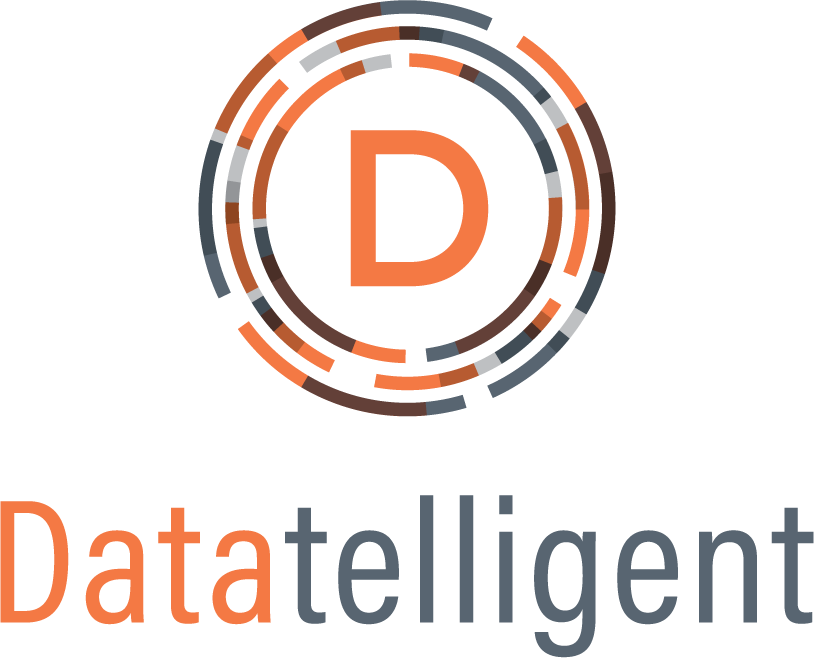Nonprofit organizations are driven by a powerful mission: to make a positive impact on the world. To achieve this mission effectively, data-driven decision-making is crucial. However, many nonprofits struggle with managing their data, hindering their ability to understand their impact, optimize programs, and secure funding. This article explores the importance of robust nonprofit data management and how a strategic approach can unlock valuable insights, ultimately driving greater success.
The Importance of Nonprofit Data Management
Effective data management systems for nonprofits are no longer a luxury, but a necessity. In today’s complex landscape, nonprofits must be able to demonstrate their effectiveness and impact to stakeholders, including donors, grant-makers, and the communities they serve. This requires collecting, organizing, and analyzing data to tell a compelling story about the organization’s work. Poor data management can lead to inefficiencies, missed opportunities, and an inability to measure progress toward strategic goals. Conversely, strong data management empowers nonprofits to make informed decisions, improve programs, and maximize their impact.
Nonprofit Effectiveness and the Role of Data
Nonprofit effectiveness is intrinsically linked to the ability to collect, analyze, and utilize data effectively. Data can provide crucial insights into program performance, constituent needs, and fundraising effectiveness. By understanding these data points, nonprofits can refine their strategies, optimize resource allocation, and demonstrate the value of their work. Data-driven insights are essential for:
- Program Evaluation: Measuring the impact of programs and identifying areas for improvement.
- Fundraising: Identifying potential donors, tracking donation trends, and demonstrating the impact of contributions.
- Strategic Planning: Setting realistic goals, tracking progress, and making informed decisions about future direction.
- Communication: Crafting compelling narratives about the organization’s work and impact.
Unlocking Insights: Data Analysis for Nonprofits
Effective nonprofit data management is not just about collecting data; it’s about extracting meaningful insights that drive action. By analyzing data, nonprofits can identify trends, patterns, and correlations that would otherwise be invisible. This can lead to a deeper understanding of the challenges faced by the communities they serve, the effectiveness of their programs, and the impact of their fundraising efforts. For example, analyzing demographic data can help a nonprofit understand the specific needs of its target population, while tracking program participation data can reveal which programs are most effective. These insights are crucial for making informed decisions about program design, resource allocation, and strategic direction.
The Rise of the Data Lake for Nonprofits
The landscape of data management is constantly evolving. One of the latest trends is the adoption of data lakes. A data lake is a centralized repository that stores data in its native format, allowing for greater flexibility and scalability. This approach is particularly beneficial for nonprofits, which often deal with diverse data sources, including donor databases, program data, and social media analytics. Datatelligent has helped numerous nonprofit organizations transition to a data lake architecture, enabling them to consolidate their data, improve data quality, and unlock valuable insights. This modern approach to nonprofit data management is crucial for organizations looking to maximize their impact.
From Data to Dashboards: Monitoring KPIs for Success
Ultimately, the goal of effective data management is to provide actionable insights that drive positive change. This is often achieved through the development of dashboards that visualize key performance indicators (KPIs). These dashboards provide a clear and concise overview of the organization’s performance, allowing stakeholders to easily monitor progress toward strategic goals. Dashboards are invaluable tools for:
- Tracking Progress: Monitoring key metrics related to program performance, fundraising, and operational efficiency.
- Communicating Impact: Demonstrating the organization’s impact to donors, grant-makers, and other stakeholders.
- Making Data-Driven Decisions: Identifying areas for improvement and making informed decisions about resource allocation.
These dashboards become essential tools during funding meetings, providing concrete evidence of the nonprofit’s impact and effectiveness. They showcase the organization’s ability to use data to drive decisions, measure progress, and achieve its mission.
Conclusion
In the nonprofit sector, data is not just a collection of numbers; it is a powerful tool for driving positive change. By embracing effective data management practices, nonprofits can unlock valuable insights, improve program effectiveness, and maximize their impact. Investing in robust data management systems and data analysis capabilities is an investment in the organization’s future and its ability to fulfill its mission. As the sector continues to evolve, data-driven decision-making will become even more critical for nonprofit success.





